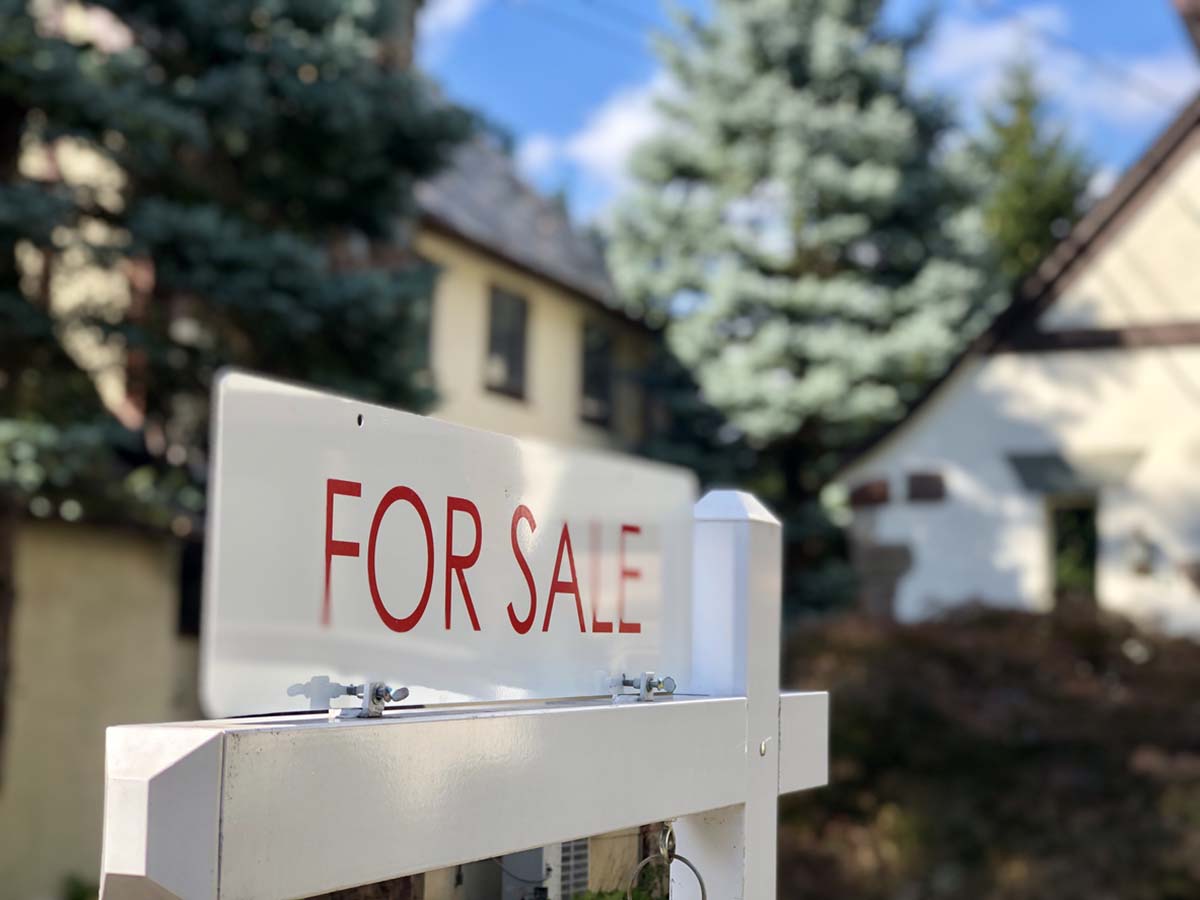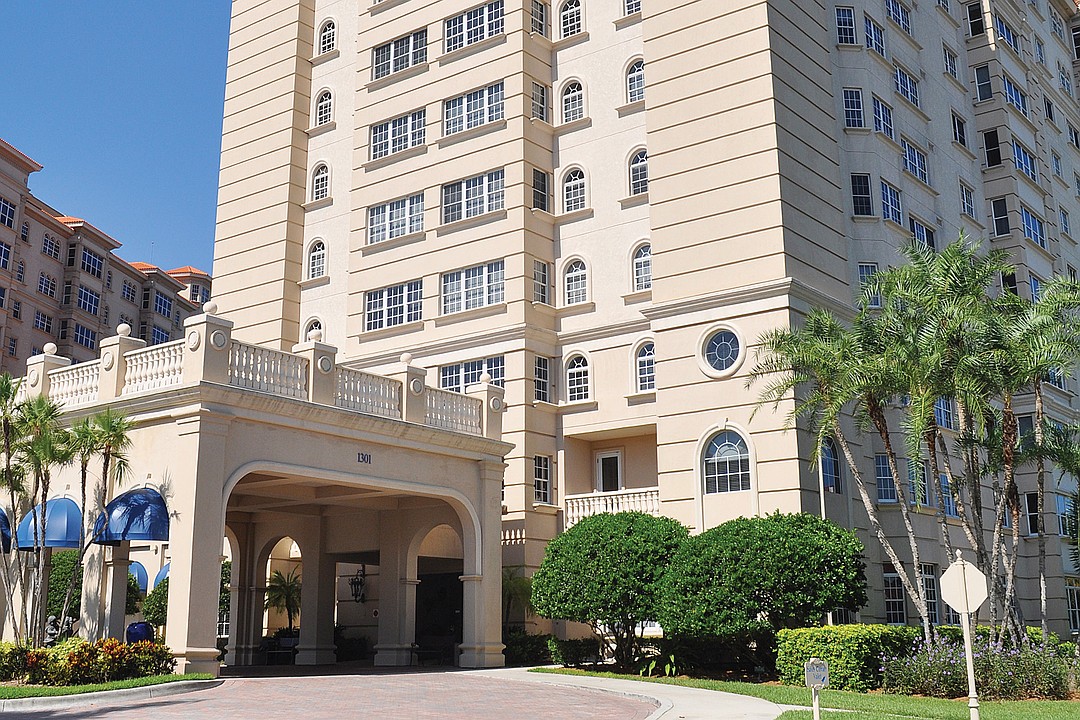O
n Thursday, the U.S. Department of Justice announced criminal charges against two real‑estate executives who allegedly siphoned millions of dollars from state programs designed to fight homelessness. Steven Taylor, 44, faces seven counts of bank fraud, one count of aggravated identity theft and one count of money laundering. Prosecutors say Taylor used falsified bank statements to secure a loan for a Cheviot Hills property, claiming he would renovate it for personal use. In reality, he had already agreed to sell the property to the nonprofit Weingart Center Association for $27.3 million, more than double the $11.2 million purchase price, and used Homekey funds to finance the transaction. The deal involved a concealed double‑escrow arrangement that hid the sale from the lender and other parties. A 2024 article by the Westside Current revealed that Weingart paid over twice what Taylor had paid just 12 days earlier. Authorities are investigating what the city and Weingart knew about Taylor’s conduct.
The second case involves Cody Holmes, 31, former CFO of affordable‑housing developer Shangri‑La. Prosecutors say Holmes and Shangri‑La submitted fabricated balance sheets to the state, inflating the company’s cash position. The $25.9 million Homekey grant intended for a Thousand Oaks building conversion was diverted to pay credit‑card bills on American Express accounts linked to Holmes. Between November 2022 and May 2023, more than $2 million was transferred from a Shangri‑La account to a Holmes‑controlled account and used for luxury purchases. Holmes was arrested Thursday morning.
Acting U.S. Attorney Bill Essayli said, “Accountability for the misuse of billions of tax dollars intended to combat homelessness starts today. These two criminal cases are only the tip of the iceberg, and we will aggressively pursue all leads and hold anyone who broke federal law criminally liable.” He added at a news conference, “If you steal money, or allow it to be stolen, we will find you and prosecute you.”
The California Attorney General filed a civil suit in January 2024 seeking the return of more than $100 million in Homekey funds and receivership of seven Shangri‑La properties. The complaint alleges that Shangri‑La took out loans on six of the seven properties without state approval or recording required affordability restrictions. The state learned of the issue when banks sent default notices. The suit names CEO Andy Meyers and Santa Monica homeless‑housing provider Step Up on Second but does not name Holmes. Shangri‑La had received over $114 million from Project Homekey to convert seven motels into apartments for formerly unhoused tenants. The company partnered with Step Up on Second and attempted to expand nationally, launching motel‑conversion projects in Denver and four South Carolina counties, none of which were completed.
The DOJ’s announcement comes six months after Essayli announced a federal task force to investigate fraud and corruption involving local homelessness funds. Public and elected‑official concern has grown over the lack of measurable impact on homelessness. According to the July annual count, L.A. County’s homeless population fell 4% this year, with 72,308 people living in shelters or on the streets, including 43,699 in the city of Los Angeles. Earlier this year, the L.A. County Board of Supervisors removed county funds from the Los Angeles Homeless Services Authority and established its own homeless department after two audits revealed LAHSA’s inadequate financial oversight, leaving programs vulnerable to waste and fraud.














